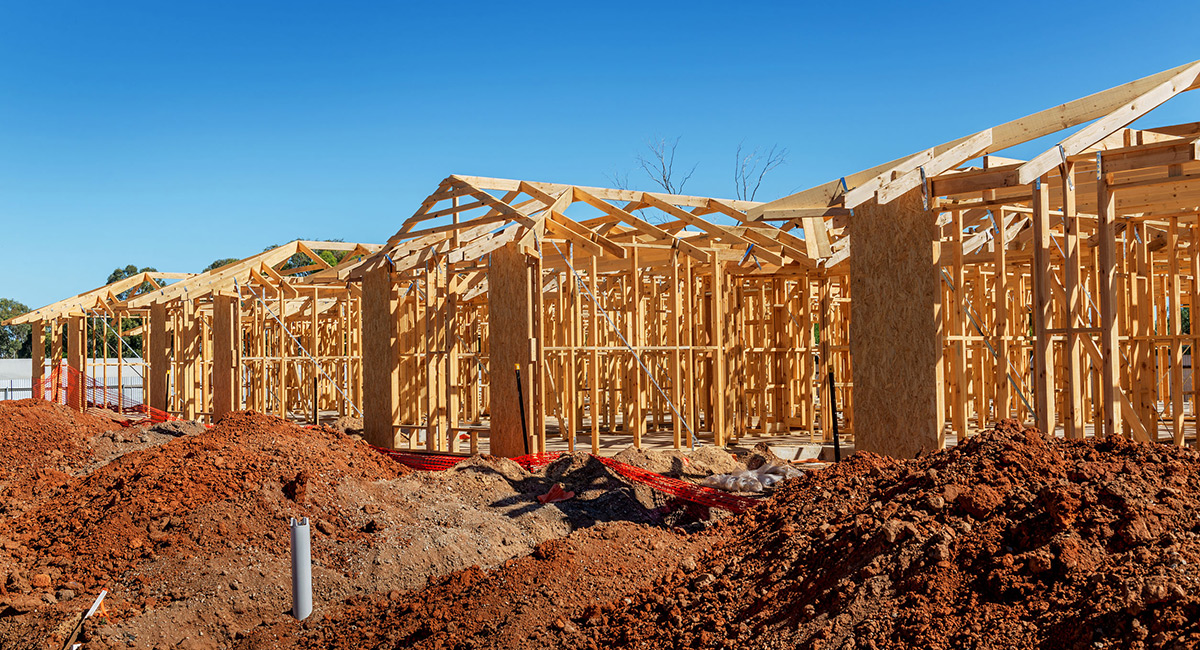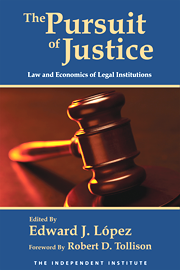Everyone agrees that housing costs in California are extremely high and push many individuals and families over the edge financially. In such an environment, capping rents might sound great—until you consider the secondary effects and unintended consequences that would actually make the housing crisis even worse for most people. This is what makes Proposition 21 so dangerous.
Though not as sweeping as a similar measure (Proposition 10) which failed by about 19 points just two years ago, Prop. 21 would amend California’s Costa-Hawkins Rental Housing Act to give local governments more freedom to impose rent control. Costa-Hawkins prevents local governments from applying rent caps on single-family homes and any housing built after January 31, 1995. It also allows landlords to increase rents to market rates once a tenant moves out of a rent-controlled unit.
Prop. 21 would allow cities and counties to establish rent control on residential properties more than 15 years old, though single-family homes owned by people with just one or two properties would be exempted. It would also allow local governments to prevent rent-controlled units from rising to market rates once a tenant moves out, but in such cases it would allow landlords to increase rents by a maximum of 15 percent during the first three years after a new tenant moves in.
Among economists—who have trouble agreeing that the sky is blue—there is virtual unanimity that rent control leads to both a lower quantity and a lower quality of housing. From Nobel laureates on the free-market conservative and libertarian sides like Milton Friedman and Friedrich Hayek to liberal standard-bearer Paul Krugman, economists are in startling agreement that rent control is bad policy. Unfortunately, bad policy can still be good politics, particularly since there are many more renters than landlords available to cast ballots.
By placing a cap on rents below market rates, you create a condition where the demand for housing is greater than landlords and rental housing builders are willing to supply. The lower revenues available under rent control will force some rental housing suppliers to exit the business and dissuade future investment. In short, making rental housing less profitable will result in fewer housing units. So it is ridiculous for proponents of Prop. 21 to claim in their ballot argument that the measure “encourages the construction of new homes.”
Moreover, the housing that remains under rent control will be of lower quality. Due to the housing shortages created by rent control, landlords will have less incentive to invest in property maintenance and desirable amenities, since someone will always be clamoring for below-market-rate units and the reduced revenues under rent control will prevent property managers from benefiting from their investments. Renters could also expect landlords to try to recoup some lost revenue through new or increased security and pet deposits or various fees for rental applications, administration, keys, move-in/lock changing, amenities, parking, storage, and the like.
A lucky few will benefit from paying lower rent than they would in the absence of rent control but only by subjecting themselves to lower-quality housing and doing so at the expense of many others who will no longer be able to get rental housing at all.
Government regulations account for roughly one-third of the cost of a multifamily development, according to a June 2018 report from the National Association of Home Builders and the National Multifamily Housing Council. If Prop. 21’s proponents truly want to improve housing affordability, there are a number of things they could advocate:
- Eliminating or relaxing zoning laws and urban growth boundaries which limit the supply of developable land.
- Getting rid of project labor agreements and prevailing (union) wage laws that significantly increase the cost of building.
- Reducing high development impact fees, which can be as high as roughly $150,000 per single-family home, and exceed $60,000 per multifamily unit, in cities like Irvine and Fremont.
- Eliminate unnecessary building codes and environmental regulations—from the state’s solar roof mandate, which will increase the cost of new housing units by $10,000 to $20,000, to the California Environmental Quality Act, which encourages costly and lengthy lawsuits that kill housing projects and often have nothing to do with legitimate environmental concerns.
But it’s much easier to scapegoat “greedy landlords” and make a futile attempt to replace the law of supply and demand with a law based on wishful thinking that will spawn damaging unintended consequences.
By allowing local governments the ability to dictate the prices that landlords may charge in rent, Prop. 21 would violate the contract rights of willing tenants and willing landlords to agree to rent above the price cap, infringe upon the property rights of landlords and the builders of rental units by devaluing their investments, and ultimately make the housing crisis worse by creating a shortage of “affordable” rental units and spurring even greater price increases in non-rent-controlled units.









